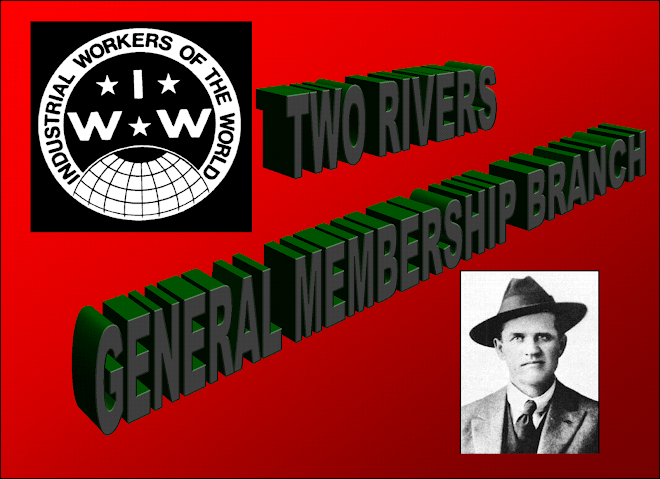The economic meltdown has generated responses and analysis from many positions but what do the workers have to say? Hard to tell because there exists no medium for worker opinion to surface into the mainstream. Even twenty years ago labor would at least have had a say in negotiations. Economists such as Walden Bellow have made attempts to go beyond the usual CNN-style simplistic platitudes ( Mainstreet vs Wall Street etc.) and look at underlying causes, the contradictions and limits of capitalism such as over -accumulation and the declining rate of profit. He argues persuasively that such 20th century strategies as globalization, financialization and primitive accumulation (expropriation such as US occupation of Iraqi oilfields) are but symptoms of the historic crisis of capital.
Others, such as Naomi Klien, see this as a classic case of the "Shock Doctrine",a convenient disaster for increasing the neoliberal agenda, and certainly the "bailout" provisions seem to be openings for increasing control and monopoly. But what to make of recent nationalizations of banks and the increasing calls for socialization of institutions? Pundits and politicians assure us that "the American worker" will get us out of this mess by WORKING HARDER and increasing their productivity and the unorganized and disoriented masses do seem vulnerable to this rhetoric of national exceptionalism. Many are caught up in the promises of politicians who have no desire whatsoever to disrupt the current structure of power relations but pander to workers concerns and fears.
This is why a response from those organized in the IWW and other unions is imperative. We need to demand an end to the power of capital to dictate the terms and install worker run and worker controlled institutions and structures. We need to "design political projects that can be called post-neoliberal." While we may not be ready to challenge capitalism directly, we can restore democratically controlled state functions such as the regulatory capacity to curb the barbarity of capital and carry out universally inclusive social policies. By "creating new mechanisms of political participation and redefining the links between the social and the political" we can balance the hegemony of the state through "cohabitation with a sizeable private sector" and with socialized properties taking many forms- cooperatives, worker managed and community owned. We are talking about a unique opportunity to rehabilitate the public domain with the universilization of rights and a thoroughgoing de-marketization. Only we, the workers, can make this happen.
quotes are from an essay by Emir Sader
This post is from Dave Jones (again) aka Troutsky
The Savage Detectives III: A Joke Covering Up Something More Serious
-
A little over half-way through The Savage Detectives (on page 369 of 648),
it feels as though things may be starting to come together. According to
Luis Se...
8 hours ago






